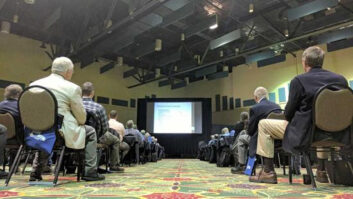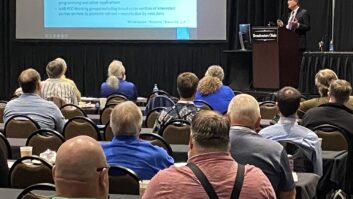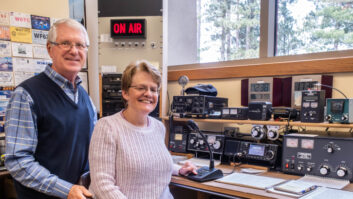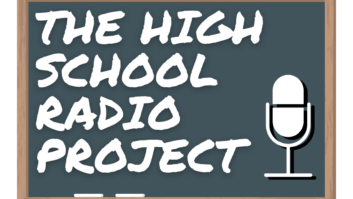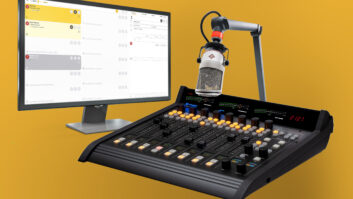Pres. Donald Trump’s signature is now all that is needed for radio and TV broadcasters in this country to gain easier access to broadcast facilities to repair equipment following a natural disaster. Hurricanes Harvey and Irma seemingly prompted the U.S. Senate this week to unanimously pass the Securing Access to Networks in Disasters Act (SANDy Act).
The bill, which passed the House in 2015 but wasn’t introduced into the Senate until 2016, helps broadcasters gain status as “first-informers” and is intended to “make sure all communication providers, including radio and television, can fix outages faster, even across state lines,” according to the bill’s sponsor.
Broadcasters have told Radio World that gaining the first-informer designation, which will be recognized by local law enforcement, is crucial in order for them to quickly restore transmitter sites and refuel generators following disasters. In fact, the FCC said Tuesday a total of 51 full-power radio stations and translators across Florida and Georgia were still off the air following Hurricane Irma.
NAB EVP/Communications Dennis Wharton said his organization applauds the Senate’s passage of the SANDy Act and urges its quick signature into law by the president. “As Hurricanes Harvey and Irma have demonstrated, hometown radio and TV stations play a lifesaving role as ‘first informers’ during times of emergencies, and this legislation will provide local broadcasters with access to vital resources to stay on the air when disaster strikes.”
Wharton specifically thanked New Jersey Rep. Frank Pallone for spearheading the congressional effort after Pallone witnessed the devastation caused by Hurricane Sandy in his home state in 2012. The NAB says radio and TV still play crucial roles in alerting the public in the event of emergencies. NAB research data released earlier this year found that nearly six out of 10 adults are most likely to use local radio and TV stations for updates on dangerous weather and emergency conditions.
The SANDy Act also directs the FCC to submit to Congress a study on the public safety benefits, technical feasibility and cost of using Wi-Fi access points to give the general public access to 911 services during times of emergency.
Federal Communications Commissioner Jessica Rosenworcel on Monday acknowledged the need to allow broadcasters access to facilities after a natural disaster: “We know that weather-related emergencies and other disasters can occur anywhere at any time — and this legislation comes not a moment too soon. Among other things, it promises to help speed restoration of essential communications in times of disaster.”






